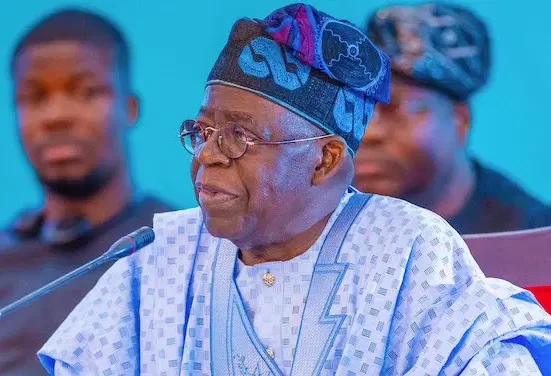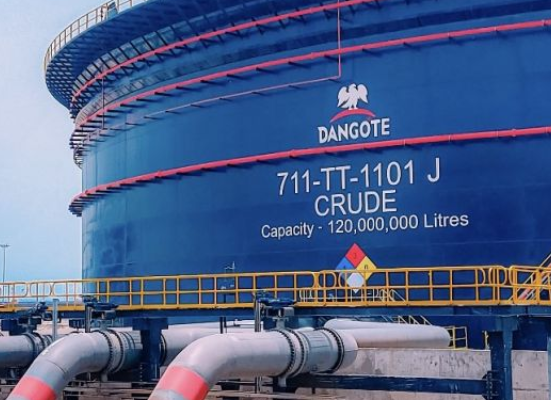The Bureau of Public Procurement (BPP) issued 395 ‘No Objection’ certificates to various Ministries, Departments, and Agencies (MDAs) during the 2023 fiscal year, approving projects worth over N2.94tn.
This was detailed in the agency’s annual report, which highlighted the government’s commitment to transparency, efficiency, and accountability in public procurement.
According to the report, BPP’s intervention resulted in an estimated cost reduction of N58.65bn (approximately $56.2m or €322,667), saving the Federal Government significant funds on reviewed contracts.
“The Bureau issued 395 ‘No Objection’ certificates to MDAs. It attended eight bid openings from 12 invitations, all of which complied with the Public Procurement Act, 2007. Additionally, no defective advertisements were placed by MDAs, thanks to proactive steps taken by the Bureau, which reviewed 592 draft advertisements,” the report stated.
“In total, the Bureau achieved cost savings of N58,652,848,617.56 (€322,666.63 / $56,200,653.82) from various MDA project reviews conducted between January and December 2023.”
The Role of ‘No Objection’ Certificates
In Nigeria’s public procurement framework, a ‘No Objection’ certificate is an official endorsement from the BPP confirming that a procuring entity has met all legal and procedural requirements under the Public Procurement Act, 2007.
This certification ensures due process is followed before contracts are awarded or payments are made from the Treasury. Without it, no MDA can legally execute a contract, safeguarding government funds from mismanagement and procurement fraud.
The Public Procurement Act mandates strict oversight of high-value contracts, requiring that all procurements be based on approved plans supported by budgetary appropriations. This ensures projects proceed only with adequate funding, promoting transparency and accountability.
Major Approved Projects
The 395 ‘No Objection’ certificates issued in 2023 covered projects across various sectors, including infrastructure, defence, transportation, power, agriculture, and education.
Federal Ministry of Education: Approved a contract for the purchase of 13 ambulances equipped with emergency medical facilities for selected Federal Unity Colleges. The contract, awarded to Mujaf Automobile Nigeria Limited, is valued at N628.09m and funded under the 2023 budget, which allocated N657m for ambulance procurement across 24 Federal Unity Colleges.
Nigeria Police Force: Secured approval for capital projects worth N24.29bn. These projects, executed by various contractors, fall under the 2023 Appropriation Act, which earmarked over N833bn for police infrastructure and operational needs.
Nigerian Ports Authority: Approved a contract renewal for managing tugs, pilot cutters, and mooring launches at the Apapa and Tin Can Island Port Complex. The contract, originally valued at N12.79bn, was awarded to L.T.T. Coastal and Marine Services Limited and later reviewed to N12.44bn, saving N345.74m. The project is funded through the ministry’s operating expenses budget, with N20.03bn allocated in 2022 and N14.54bn in 2023.
Economic and Financial Crimes Commission (EFCC): Approved a contract worth N3.49bn for infrastructure development at its new academy in Abuja. Awarded to Julius Berger Nigeria Plc, the contract was reviewed to N3.37bn, saving N113.62m. Funding was provided under the 2022 and 2023 fiscal budgets, with allocations of N2bn and N3bn, respectively.
Continued Investment in National Development
Several other MDAs benefited from project approvals during the review period, signaling the government’s commitment to key infrastructure development, security enhancements, and administrative improvements.
The total value of approved projects exceeded N2.94tn, incorporating additional amounts of $806.48m and €4.47m. BPP’s interventions saved the government over N58.65bn through cost reductions.
As the agency overseeing government procurement, the BPP ensures public funds are utilized prudently, preventing inflated contract costs. By certifying projects before contract awards, it guarantees compliance with procurement laws, competitive bidding, and adherence to budgetary allocations, reinforcing fiscal discipline in public spending.







